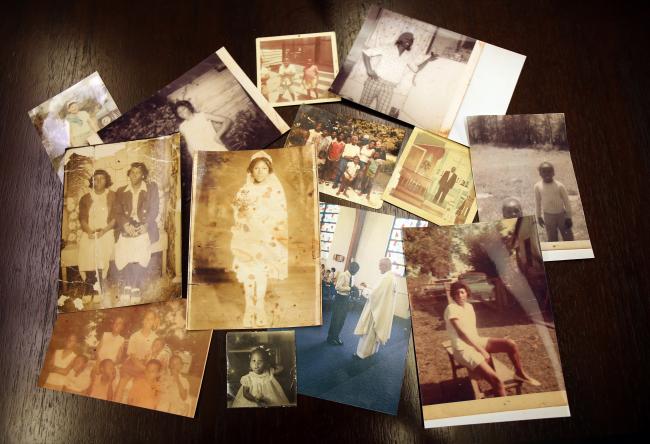GU272: Advocating for Descendants of the Enslaved
By • February 12, 2020 0 1207

In 1838, the Jesuits of Maryland sold 272 enslaved persons to plantations in Louisiana — in part to pay off debts for the struggling Georgetown College in Washington, D.C.
It was not until 2016 that Georgetown University and the Society of Jesus began a series of reparative actions in response to student and community outcry at the evaded history.
In that year, admissions preference by the university was granted to descendants of the 272. Available to students of college-age and older, the preference gives the descendants certain priority in the admissions process but does not guarantee acceptance. While it was a big step in the right direction, it did not satisfy everyone in the Georgetown community.
By 2019, the Georgetown University Student Association and the GU272 Advocacy Team put together a plan for further reparative action. The referendum they proposed would add a fee of $27.20 to each student’s yearly tuition for the benefit of the descendants. April of that year saw a 58-percent student voter turnout, with 66 percent backing the referendum. It is the first fund of its kind proposed in the United States, displaying majority support for the continuation of reparations.
Decisions concerning the student referendum by the university’s board of directors that fall included a plan of support for projects and groups in the descendant community. Plans also included a $400,000 fund, not to be created out of a separate tuition fee, that will be used to support descendants both at the university and outside it.
The presence of the GU272 descendants has not shrunk since last year. Instead, it has taken on a role of advocacy, education and outreach. Online resources like the GU272 Descendants Association homepage, gu272.net, which shares regular updates on the descendant students and the group at large, have emerged to make the issue accessible to those seeking more information.
The GU272 Memory Project website, gu272.americanancestors.org, features historical content that traces what is considered the “best-documented mass sell of enslaved people in the United States.” It provides history on the group, lineage charts for those who might be interested in the genealogy of the 272 and a special search engine to search for an ancestor if someone believes they have a connection.
Short clips of descendants speaking about their experiences, as well as clips from the perspectives of historians and genealogists, are also featured on the site. Additional resources and familial descriptions are accessible through the data shared on the page.

